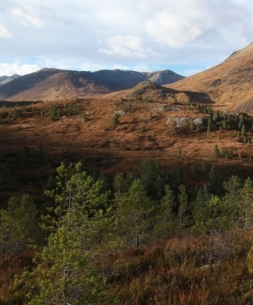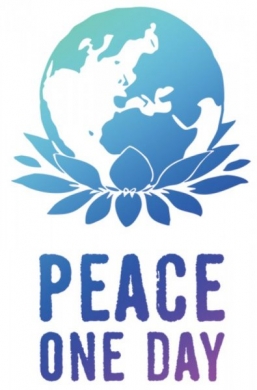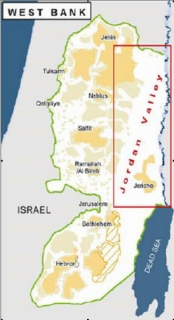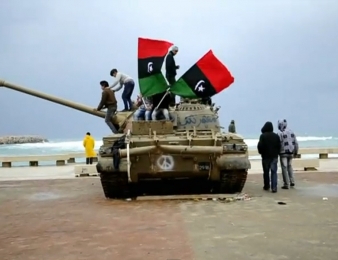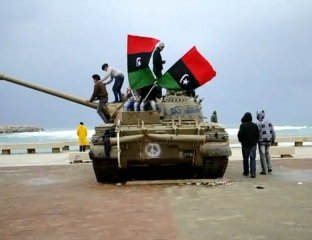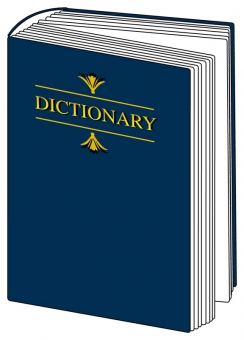 By Suzanne Kelly.
By Suzanne Kelly.
Tally ho! I’m missing Aberdeen and want to visit. If anyone wants to add me as a guest to the Northsound Business dinner, I’m in. Tables are £1250, and it’s at the Marcliffe, as previously mentioned.
Richard Thompson turned 70, and threw the best birthday party/concert I’ve ever been to, or am likely to ever attend.
The Royal Albert Hall three-hour extravaganza was unlike any show ever assembled before.
The music was a masterpiece of curation. Folk music, early RT songs, Fairport, torch songs, epic rock and humour were all on show.
The multi-talented, marvellous Marc Ellington performed ‘The Bonnie Lass of Fyvie-o’ beautifully.
Where do we start with the Thompson family – Teddy was awesome; Kami stunning, and Linda was there. I eventually had to stop counting the many Thompsons present as the music took me away.
There were some soloists who I definitely will go out of my way to see in future. There must have been 20 people onstage by the final pieces. Harry Shearer was mind-blowing in his Spinal Tap Derek Smalls persona, performing the moving, elegant ‘She puts the bitch in Obituary’.
The entire Thompson clan sang one of my favourite-ever protest songs, ‘That’s enough’.
‘Cry me a River’ transported us to a different time. For the last two pieces, a final guest star emerged: David Gilmour. ‘Dimming of the Day.’ ‘Fat Old Sun.’ the talent on stage was unsurpassable, and when Gilmour and Thompson played together as Fat Old Sun reached its crescendo, I think I cried some happy tears.
https://www.youtube.com/watch?v=njeoAIX1Slw .
‘Meet on the Ledge’ saw all the legends present assemble. This was beautiful beyond the telling of it.
https://www.youtube.com/watch?v=kB4F-DS0Wvw .
I’d been backstage for some pretty wonderful times at the RAH before, but I’d never seen a crowd anything like this before. Alas, I didn’t get to meet Mr Gilmour, whom I’m told I should meet. Maybe one day.
He also signed a photo and CD for Willows Animal Sanctuary,
In the bar it was Thompsons to the left of me. Thompsons to the right of me. Thompsons in front of me. Harry Shearer, Michael (RT’s remarkable percussionist), other stars, and Marc Ellington peppered among the partygoers.
I found myself next to Richard for a few minutes, and looking around at the lively, deliriously happy crew, I asked:
“So Richard, you going to do anything interesting for your birthday?”
We laughed – or I think he did. I believe he gets my sense of humour by now. If not, that’s going to be the last invite I get. But what a night; beyond uplifting. Happy Birthday Mr Thompson.
I never ask for autographs as a rule from anyone, but I did of Richard twice. Ruth MacPherson was a great friend to Aberdeen Voice; she was meant to come with me to see him play at the Music Hall years ago.
She was ill with lung cancer, and on the night, she wasn’t up to it, which saddened her greatly.
He signed her a cd which I passed to her, and I know she treasured it. He also signed a photo and CD for Willows Animal Sanctuary, helping raise funds. Guitar hero indeed.
Moving swiftly along – as I must rush to London Brewdogs now that the collaboration festival is live (they brew scads of new beers with other breweries and each bar gets a few different ones. And yes, I’m a shareholder).
Since I’ll be out sampling new brews, I’m turning this 199th Old Susannah column over to a very special guest.
Aberdeen Voice has obtained the secret diary of…. Damian Bates, former editor of Aberdeen Journals Ltd.
I’ve added a few historic notes to the diary entries so you can see what was going on in the world at the same time Master Bates penned his thoughts. I hope you enjoy reading Damian’s thoughts on his pal Trump and how he had death threats.
It would be wrong for me to question the minor ethical dilemma or two that arise.
THE SECRET DIARY OF DAMIAN BATES
16 October, 2019
Only 18 days before I, Damian Bates, will tell everyone at Northsound’s business dinner what a great guy my personal friend Donald J Trump is and how great my tome is!
Sarah’s out shopping for the right dress and shoes (of course) for this great honour. Do you know I’ll be joining some of history’s great and good by speaking at this dinner? I, Damian Bates, will now be spoken of in the same breath as past speakers: Alastair Campbell, Lord Digby Jones and Ed Balls. I told some of my old colleagues about being asked and who the past speakers were, and they smiled and said I was a perfect fit.
I got where I am by hard work, not by coincidence; I don’t believe in coincidences. Now here I am, a friend of Donald J Trump. Me, Damian Bates who coincidentally edited the only newspapers where Trump was coincidentally building the world’s greatest golf course! Me Damian, who was coincidentally married to Sarah, The Face of Aberdeen Beauty contestant who I coincidentally chose to be the face, and who I coincidentally married! Sarah who Donald J Trump then coincidentally chose to run his golf course, despite my Sarah not having a stitch of relevant experience. No, I don’t believe in coincidence me, just in plain hard work. And being in the right place at the right time.
On reflection, I probably put one or two articles in the papers that praised the Menie golf course. But I only did that because it’s what people wanted. But the thing is, no one knows Donald J Trump like I do. He’s really just a nice, kind down-to-earth guy. If only everyone could know him as well as I do – they’d like him as much as this humble, hard-working newspaper editor does.
I’m a family man, me. Did you see the photos on my Facebook page? I still get people saying they can’t believe it’s really me pictured at the White House and then at Air Force One! And my Ferrari – I mean really. Did you ever see a cooler car? I think it matches my sunglasses really well – I spent days picking out the right pair. And my haircut. It goes with the glasses, don’t you think? And my car.
And now because my tome, Donald Trump The Real Deal is doing so well all over the world, Northsound Radio want me to speak at their business dinner this year! Time to get out my White House pen and start writing! I could hardly believe it when one of his aids gave me an official White House pen, it even has the presidential seal logo on it. If the metal clip on it says ‘made in China’ that just shows what a great businessman Donald J Trump really is. Now let’s get writing; I think I’ll comb through my diary to get some great anecdotes for my speech. What will be the high point? The time Trump got Eric and my great friend George Sorial, who’s also very close to Sarah, to move paintings around at Turnberry, or the fact Donald likes to eat KFC? Hard to tell which of those two is more of a show-stopper.
In other news …..
President Trump sends a letter to the Turkish president, telling him to ‘make a great deal’ or Trump will ‘crush’ Turkey’s economy. The letter continues ‘history will… look upon you as the devil if good things don’t happen.’
The letter is widely ridiculed.
https://www.youtube.com/watch?
Donald Trump takes to twitter to insist that Nancy Pelosi, not he, had a meltdown yesterday. Trump met Pelosi, Senator Schumer and others after his crushing defeat in the House.
A bill to challenge Trump’s abrupt pull-out from Syria, which has seen Kurds killed in the vacuum passed 348 to 60; many Republicans turned away from Trump for the vote. He is said to be ‘shaken.’
William D Cohan publishes a blockbuster article in Vanity Fair on mysterious, huge profiteering on the stock markets revolving around announcements and actions of Donald J Trump. Did these lucky players have knowledge only Trump could have had? https://www.vanityfair.com/news/2019/10/the-mystery-of-the-trump-chaos-trades?
26 July, 2019
Today I did an interview with Northsound to promote my speaking at their business dinner in November about my tome! https://www.youtube.com/watch?v=SnQh6w2ere8&t=10s I revealed for the first time that I’ve had death threats – oh yes. Can you believe it? Death threats against a journalist! Against me! People have to respect reporters and editors; we’ve got integrity and we’re here to give you the news. I did tell the interviewer not to ask me what these threats were about or when, or ask when I reported them to the police or why I didn’t seem to have ever mentioned them before. I also explained ‘I was the captain of the ship; the ship was far more important than I was’, I said. I might have steered that ship towards the Menie Estate and away from any Trump critics (believe it or not he has some), but nothing more than any other editor whose wife works for Trump would have done. I thought one of the recording crew said something about ‘a rat leaving a sinking ship’ but I couldn’t be sure.
I tell the interviewer there are many tomes out there that claim to tell readers what Donald Trump is REALLY like – but they are by people who haven’t even met him. How can you know what someone is like unless you have dinner with them at their club which your wife manages? It’s like when people write about Hitler or Pol Pot who never met them – what can such authors really know? My tome has it all – our phone calls, dinners, interviews – and what an impartial observer I am.
Trump’s been honest with me and I’ve been honest with him. I might not have been honest to the readership of the P&J or EE about these dinners, phone calls and of course the wife’s job – but there you go. Some reporters just report about the things he says and does, like telling the Ukraine president to get him dirt on Biden, or sending Ivanka to high-profile international meetings, or saying journalists are the enemy of the people who should be roughed up. But he laughs and jokes, and is a great guy. Some people write that he yells at his staff and it’s chaos – but I never saw that, so it can’t be true. My tome will say that – he can be wrong sometimes! Ground-breaking!
In other news ….
At Trump’s insistence, the federal death penalty has been reinstated, despite evidence that innocent people given unfair trials have been convicted, some executed.
June 13, 2019
( Damian Bates adds photo of him with Trump in the Oval Office to his Facebook page.)
Wow. I thought my Ferrari was really cool – but wait until my friends see this photo of me in the Oval Office while Trump sits at his desk! That’ll really impress everyone! Maybe I should put in my tome about the time I said ‘Mr Trump, sir, Donald – can I call you ‘DJ’?” He looked up at me from the TV and, get this – with more than a hint of his genius – he said ‘No.’
In other news ….
North Carolina man Craig Hicks, pleaded guilty to fatally shooting three Muslim university students back in 2015. The women’s father said the killings were part of rising bigotry against Muslims.
Prosecutors said Hicks had brandished a handgun to intimidate a Korean neighbour and a black remodelling worker. Relatives of the victims have asked federal authorities to charge Hicks with hate crimes.
Hate crimes have spiralled upwards since Donald Trump’s election.
Trump called for a ban on Muslims travelling to the US, which has an estimated 4-7 million-strong Muslim population. This was to be, in his words ‘…until we can figure out what the hell is going on.’
Trump recently offered to hire out US troops to Saudi Arabia, a nation with an appalling human rights record, implicated in the death of Washington Post journalist Jamal Khashoggi on 2 October 2018.
He was believed to have been dismembered while alive in Turkey in the Saudi consulate – the Saudis claim the murder, involving several Saudi agents and a bone saw, was ‘a spur of the moment’ event; an audio tape makes it abundantly clear it was premeditated. Trump refuses to listen to the evidence.
newly-released-transcripts-tell-gruesome-moments-saudi-columnist
June 28, 2018 …..
Note to self – must make sure to update my Companies House appointments and addresses; I guess saying I’m at Lang Stracht isn’t quite right any more.
https://beta.companieshouse.gov.uk/officers/5pJaOqY8SsluCgyKU-FaAQZxH4Y/appointments
In other news ….
Five journalists at Maryland’s Baltimore Gazette are shot dead. This followed Trump’s repeated speeches casting journalists as purveyors of fake news and enemies of the people.
April 17, 2018
(Damian Bates adds photo of Air Force One to his Facebook page.)
The best day ever! It’s not every day a hard-hitting, honest newspaper man like me gets to hang around with his busy pal Donald J Trump and go to Air Force One, that’s the president’s plane by the way. Someone wanted Trump to sign some paperwork – but he said he was busy – with me! This is the kind of friendship we have, and that’s how I know the real Donald J Trump – a great guy who’s hardworking and as honest as I am. Must take home some of the Air Force One branded cups and sick bags for Sarah – she loves anything with a prestigious logo, like my Ferrari.
In other news …..
President Trump held off imposing sanctions against Russia for its backing Syria. Nikki Haley, then UN Ambassador for Trumpistan had announced the sanctions the day before.
The Washington post reported:
“The additional sanctions were expected as a response to Syria’s suspected chemical weapons attack. Moscow opposed the sanctions, and Trump didn’t sign the order. Haley had said Sunday on CBS News that the sanctions would target Russian companies linked to equipment used in the alleged chemical attack.
“Trump, however, reportedly told his national security advisers he was not yet comfortable pulling the trigger on the sanctions.”
10-things-need-know-today-april-17-2018
- Comments enabled – see comments box below. Note, all comments will be moderated.
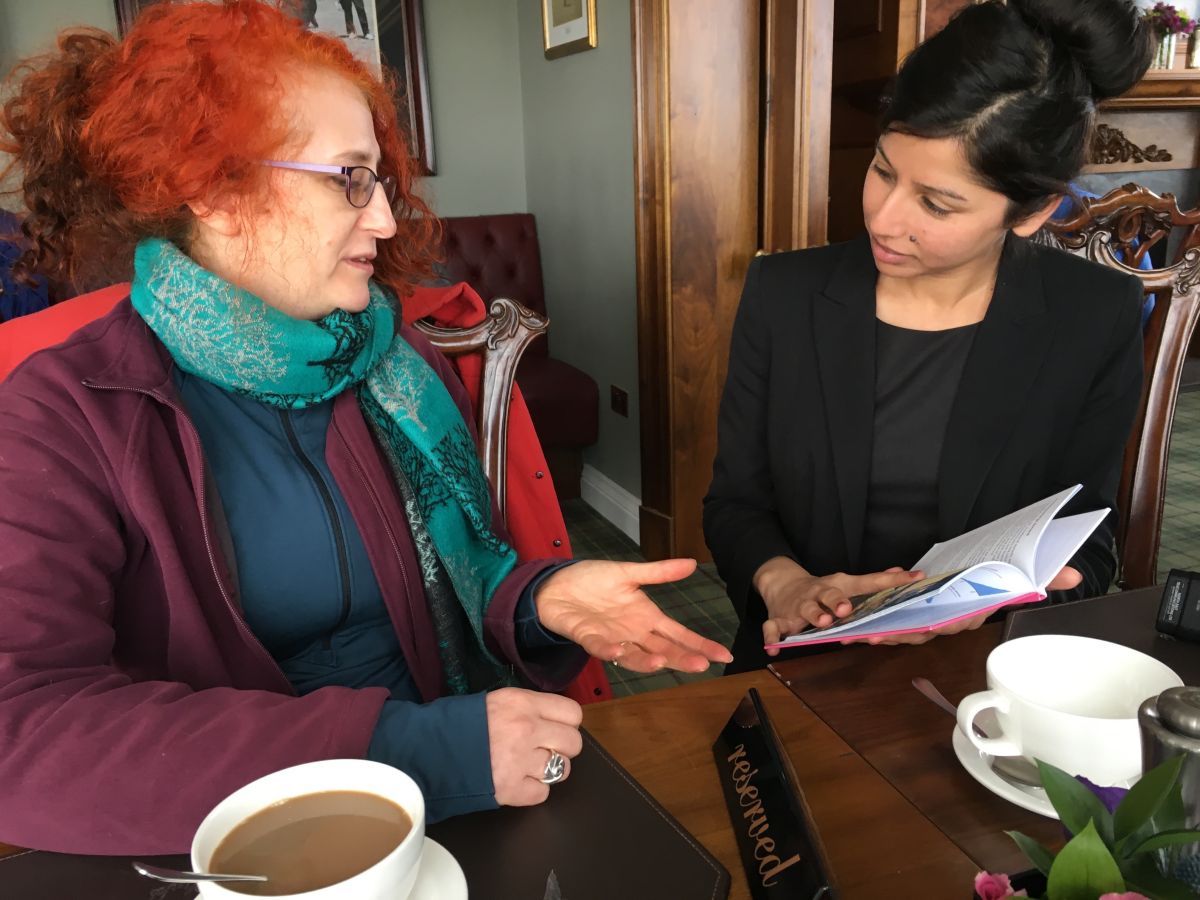
 By Penny Wells.
By Penny Wells.
